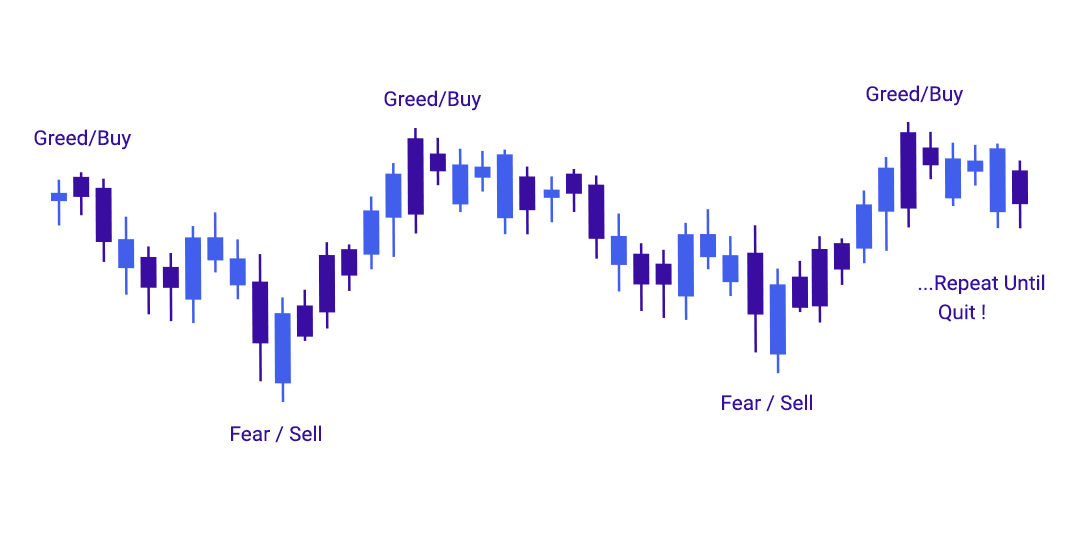Why Learn Investing Concepts?
An investment in knowledge pays the best interest.
— Benjamin Franklin

The investing decisions made by two individuals can significantly impact their future and determine their overall economic success. Imagine the fate of two friends, Kevin and George, who started investing at the same time with an equal amount of money but chose different investing strategies. – investing concepts
George, who understood the concepts of value investing, invested a regular portion of his monthly income in companies with a strong business model, a solid financial position, and a track record of generating returns. He put money into a diversified portfolio with a long-term focus. Despite a few kickbacks, he knew his risk tolerance, remained invested, and earned significant stock returns over time.
On the other hand, Kevin adopted a speculative approach, seeking quick returns based on market rumours & tips. He became overly excited about the potential of a few random stocks that his friends suggested and invested all his savings. Unfortunately, the market experiences a correction, causing his stock price to drop. He panicked and sold his portfolio, leading to a significant loss in a short period of time. He repeated this behavior a few times until he hated the stock market.

The different investing strategies adopted by Kevin, and George resulted in very different outcomes for their investment portfolios. While George retired as a successful investor. Kevin blamed the entire stock market system and told himself to stay away.
What made George’s investment grow?
- Planning
- Research
- Patience
- Compounding
Why Kevin lost his money?
- Herd Mentality
- Greed
- Lack of knowledge
- Fear
Key Takeaways:
Our goal is to be informed enough to understand and analyse what we hear. For this.
it’s essential to educate ourselves and make rational investment decisions that will ensure long-term success.
“All there is to investing is picking good stocks at good times and staying with them as long as they remain good companies.”
~ Warren Buffett
An investment in knowledge pays the best interest.
— Benjamin Franklin

The investing decisions made by two individuals can significantly impact their future and determine their overall economic success. Imagine the fate of two friends, Kevin and George, who started investing at the same time with an equal amount of money but chose different investing strategies. – investing concepts
George, who understood the concepts of value investing, invested a regular portion of his monthly income in companies with a strong business model, a solid financial position, and a track record of generating returns. He put money into a diversified portfolio with a long-term focus. Despite a few kickbacks, he knew his risk tolerance, remained invested, and earned significant stock returns over time.
On the other hand, Kevin adopted a speculative approach, seeking quick returns based on market rumours & tips. He became overly excited about the potential of a few random stocks that his friends suggested and invested all his savings. Unfortunately, the market experiences a correction, causing his stock price to drop. He panicked and sold his portfolio, leading to a significant loss in a short period of time. He repeated this behavior a few times until he hated the stock market.

The different investing strategies adopted by Kevin, and George resulted in very different outcomes for their investment portfolios. While George retired as a successful investor. Kevin blamed the entire stock market system and told himself to stay away.
What made George’s investment grow?
- Planning
- Research
- Patience
- Compounding
Why Kevin lost his money?
- Herd Mentality
- Greed
- Lack of knowledge
- Fear
Key Takeaways:
Our goal is to be informed enough to understand and analyse what we hear. For this.
it’s essential to educate ourselves and make rational investment decisions that will ensure long-term success.
“All there is to investing is picking good stocks at good times and staying with them as long as they remain good companies.”
~ Warren Buffett
